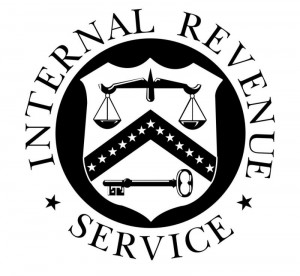 With tax provisions set to expire on payroll taxes, capital gains rates, income tax rates, AMT exemptions, estate taxes, and nearly everything else, the tax picture for 2013 is anything but clear.
With tax provisions set to expire on payroll taxes, capital gains rates, income tax rates, AMT exemptions, estate taxes, and nearly everything else, the tax picture for 2013 is anything but clear.
One thing that we can expect with certainty on January 1, 2013, is the introduction of the 3.8% investment tax under new Internal Revenue Code Section 1411. The new provision adds a 3.8% tax on the “net investment income” of individuals, estates, and trusts with modified adjusted gross income in excess of the threshold amounts of:
- $250,000 for joint returns and surviving spouses;
- $125,000 for married taxpayers filing separately; and
- $200,000 for everyone else.
Until now, there was little guidance on the details of this provision from the Patient Protection and Affordable Care Act (Obamacare). The Internal Revenue Service has now provided guidance in the form of proposed regulations and Frequently Asked Questions (FAQs).
Ambitious practitioners have until March 5, 2013, to submit comments on the proposed rulemaking.


